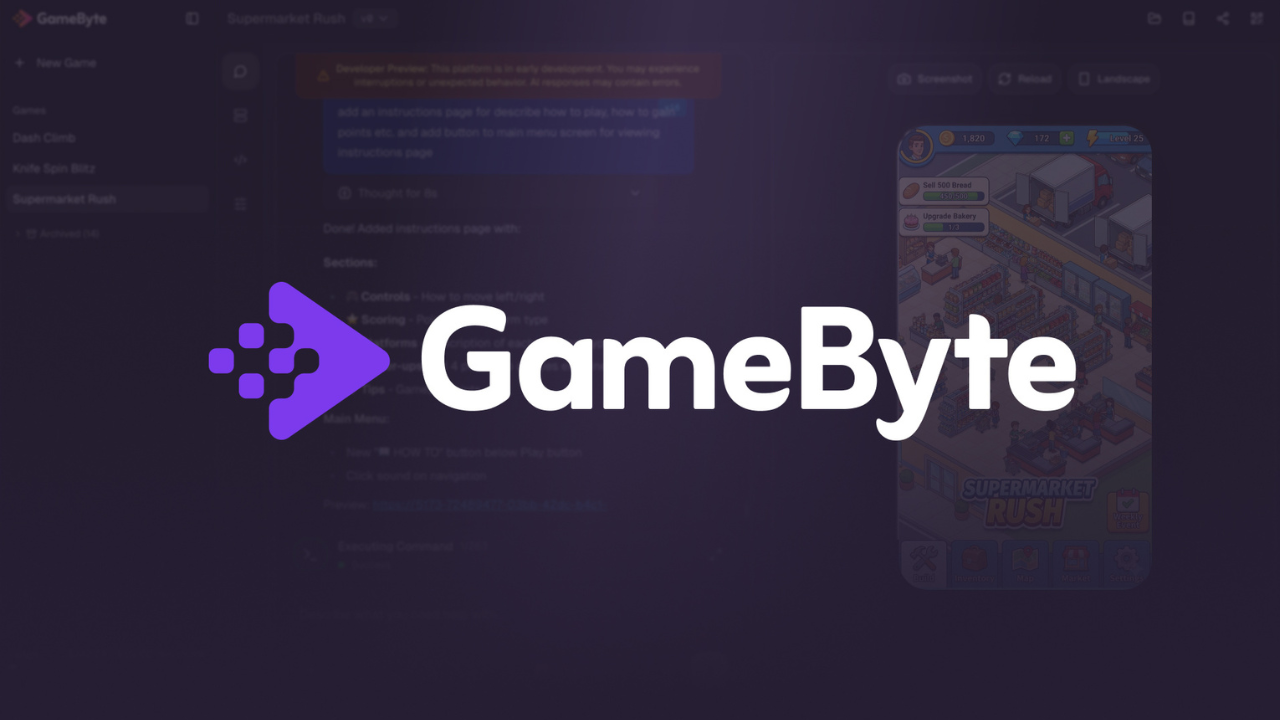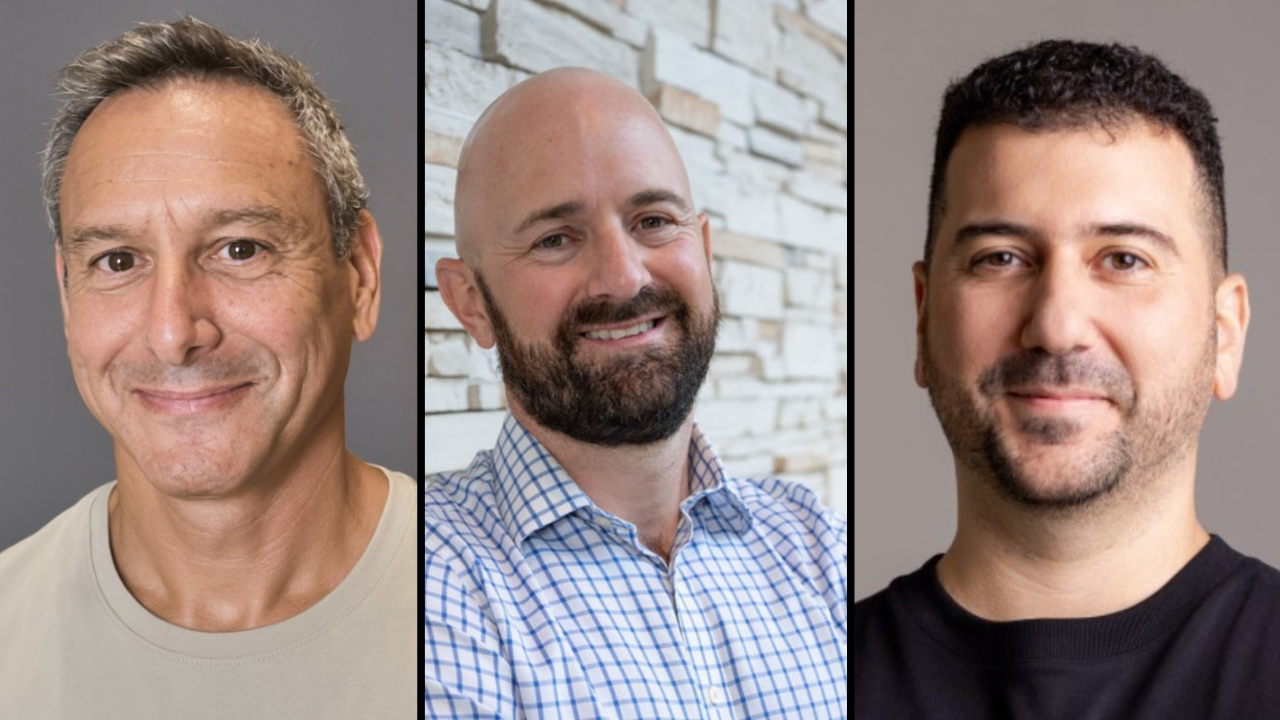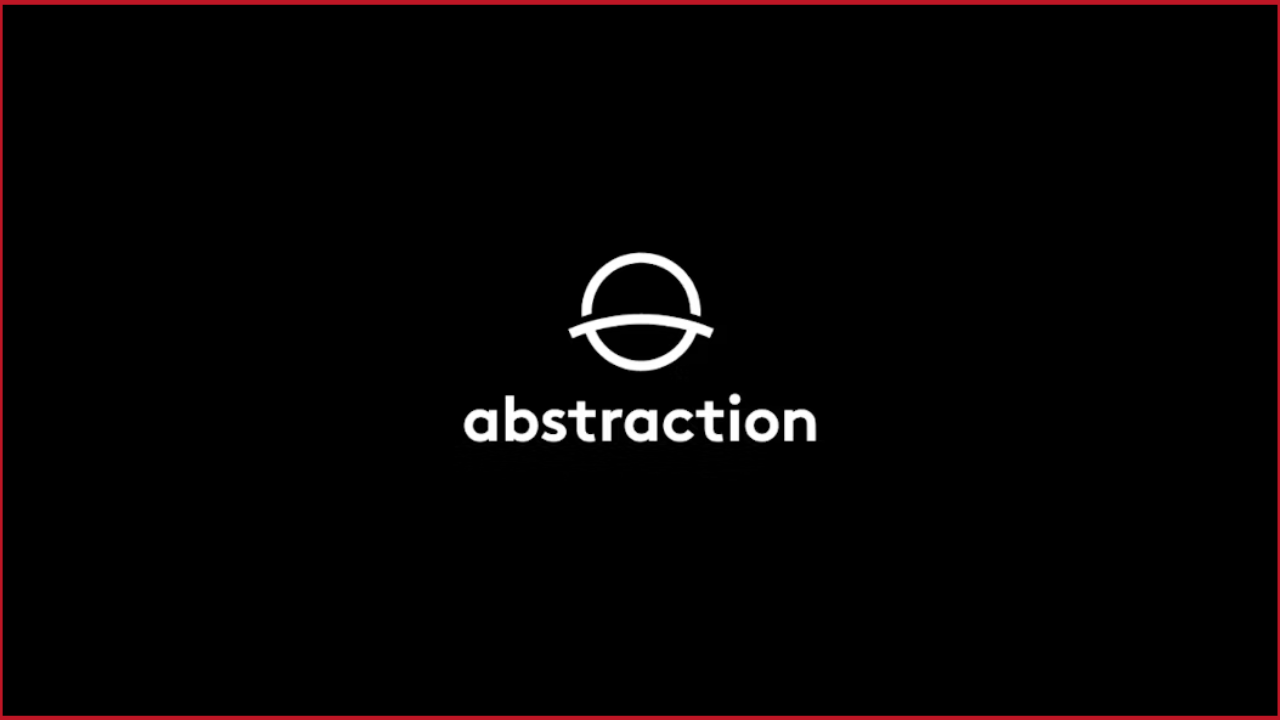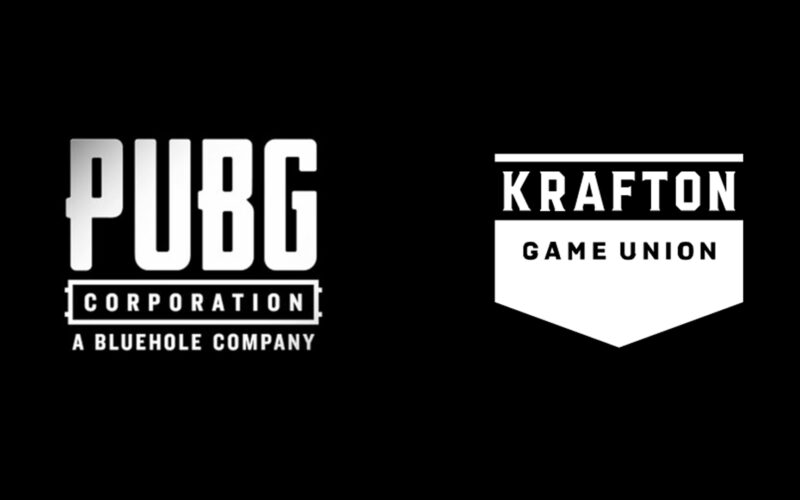Krafton, the developer behind PlayerUnknown’s Battlegrounds and the maker of PUBG: Mobile, the 6th highest-grossing mobile game globally last year, sues app stores and rival game maker Garena for copyright infringement of Garena Free Fire.
The lawsuit claims that Garena’s games copied many aspects of their games, including the opening, game structure and gameplay, combination and choice of weapons, armor and unique objects, locations and overall color schemes, materials and textures.
YouTube is also sued for hosting videos of infringing material.
According to the complaint, Garena began selling a game in Singapore that allegedly copied some features of Krafton’s game. In stores, Apple and Google listed the game’s mobile version, called initially Free Fire: Battlegrounds. The Singapore claims were settled between the two companies, but Krafton never entered into a licensing agreement with Garena. Responding to the lawsuit with a statement, Garena said, “the allegations are baseless.”
Then, on September 28, 2021, Garena released a new game called Free Fire MAX, a separate mobile game distributed on Apple and Google’s app stores. Krafton says this game should offer the same user experience as Free Fire, and it also copies many aspects of PlayerUnknown’s Battlegrounds. The company states that the infringing game earns “hundreds of millions of dollars” in global sales. Apple and Google, on the other hand, made similar profits as they received commissions from sales made through their app stores.
Meanwhile, Krafton has also sued YouTube for hosting Free Fire and Free Fire MAX gameplay videos. The videos have been watched hundreds of millions of times.
Krafton said that Apple and Google have taken to the courts for failing to resolve the issue. It was stated that the application stores were asked to stop the distribution of the game on December 21, 2021, but they refused. It was noted that YouTube did not remove the infringing videos.
The lawsuit was filed shortly after Krafton’s new game, PUBG: New State was released in November. The company is worried that if this issue is not fixed, the latest version will likely be copied.
The lawsuit was filed in the U.S. District Court for the Central District of California on January 10, 2022. Krafton seeks a jury trial to settle the matter.





